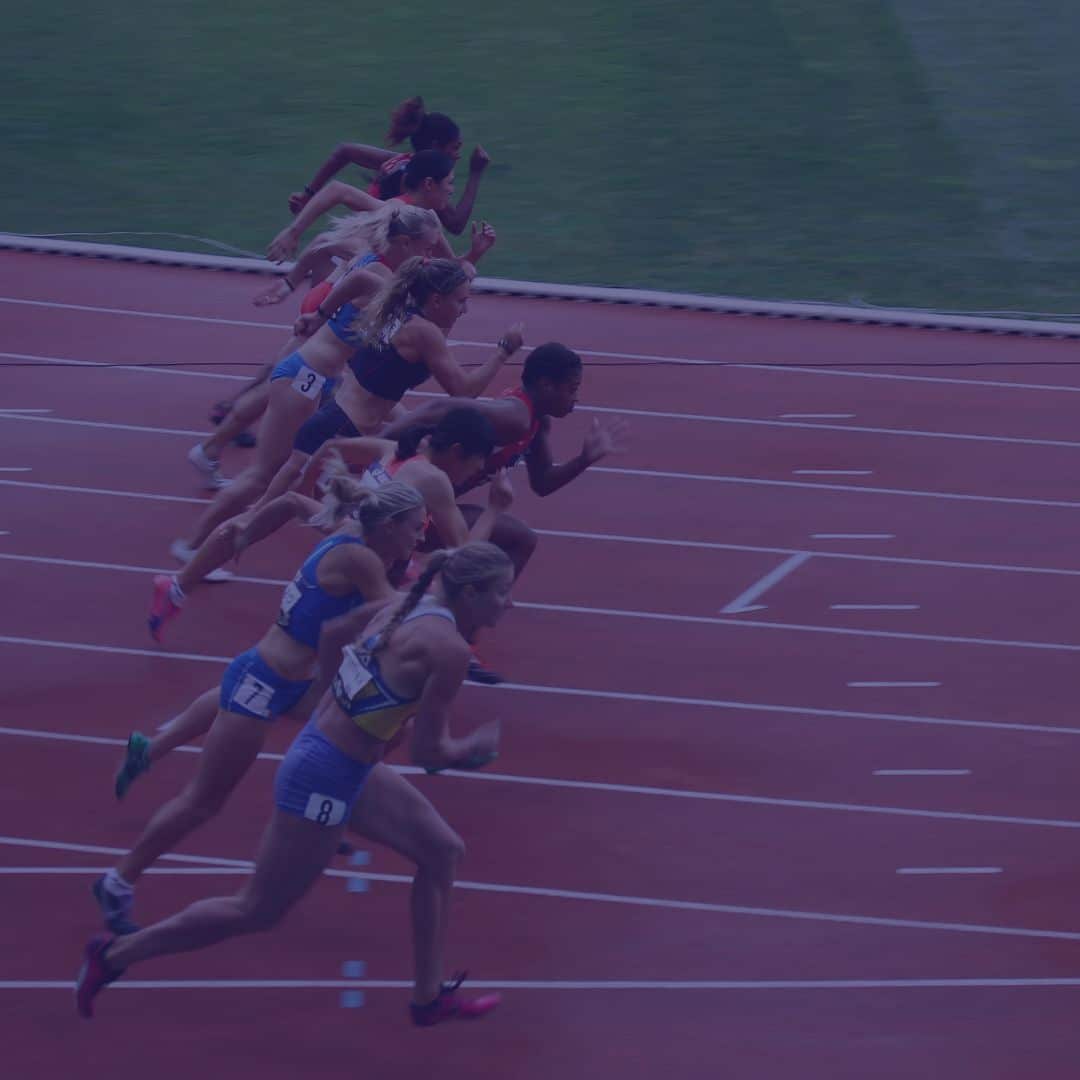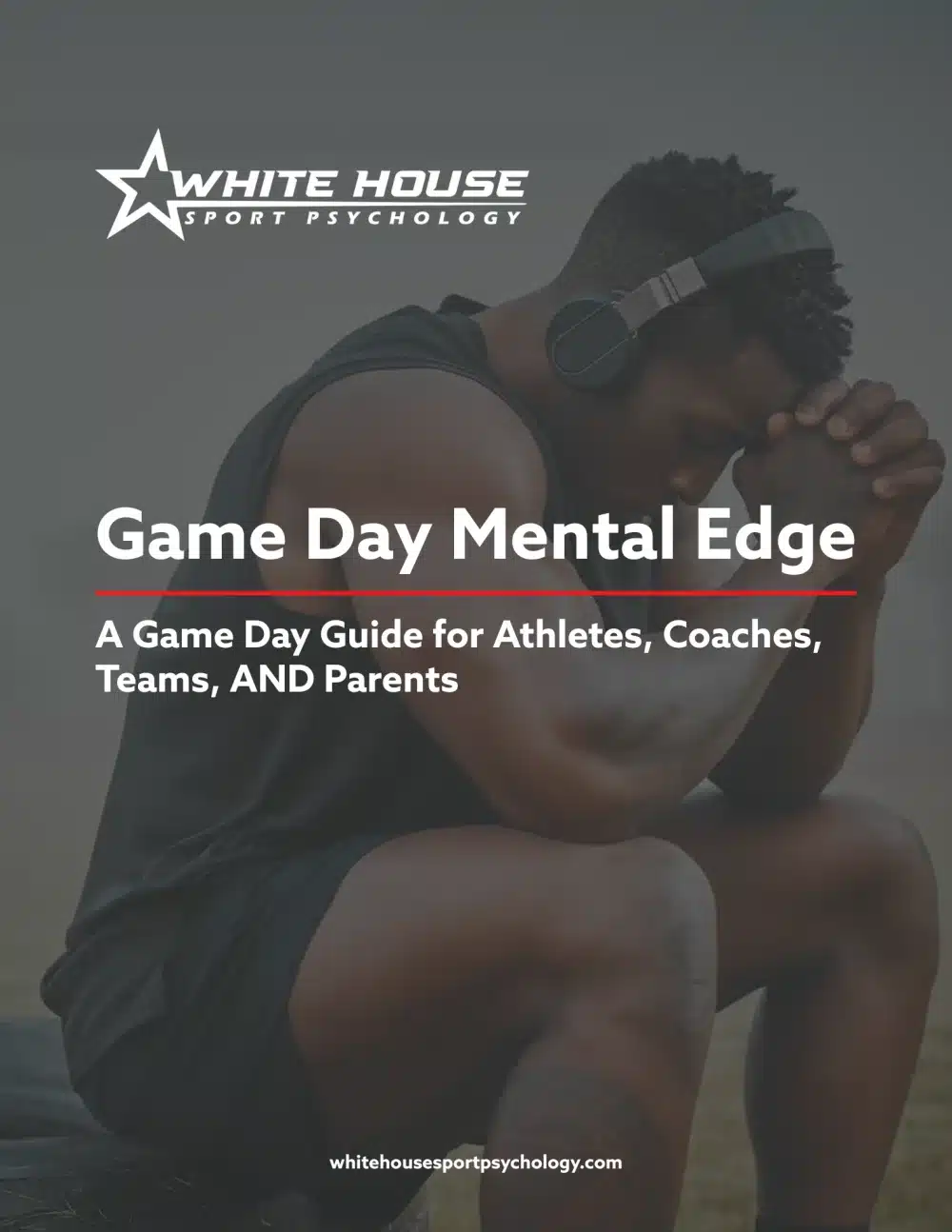Sport psychology is no longer a luxury or simply something athletes use to gain a competitive advantage—it’s a necessity of everyday training and competition. As awareness grows around the mental health and performance needs of student-athletes, athletic departments have a unique opportunity to integrate sport psychology into the fabric of their programs. From courses and workshops to donor engagement and grants, here are 11 practical and powerful ways to expand sport psychology services at your school or university.
1. Create and Teach a Sport Psychology Course
Offering an introductory “Sport Psychology 101” course is one of the easiest and most effective ways to get key concepts, principles, and techniques in front of a large number of student-athletes. This course can be open to all students or designed specifically for student-athletes, and it can serve as a springboard for future offerings, such as an applied sport psychology course. This regular exposure not only helps athletes gain insight into their own mental game but it also promotes a culture that values and cultivates mental health and performance on your campus.
2. Collaborate with the Development Office to Recruit Donors
Most athletic departments are overlooking this simple yet powerful opportunity. Many alumni and other supporters recognize how important the mental game is to athletic success and will even say that they wish they could do something to help. The great thing is that there is something they can do to help – they can make a donation to help fund programming, positions, and other initiatives related to sport psychology and athlete mental health! Working with your school’s development office to recruit donors specifically interested in supporting sport psychology services is a game-changer. Funds can be used to cover session costs, educational events and training, or even a part-time or full-time sport psychologist position.
3. Integrate Sport Psychology into Team Budgets
When teams allocate part of their budget for sport psychology, they gain access to customized sessions that meet their specific needs. This not only increases buy-in from athletes and coaches but also allows for targeted, impactful interventions.
4. Offer Joint Team Sessions to Maximize Time and Cost
Combining similar teams—such as men’s and women’s golf or baseball and softball—for joint workshops or training sessions is a smart way to save time and money. These collaborative settings also encourage shared learning and broader departmental cohesion.
5. Facilitate Group Support Around Common Athlete Challenges
Group sessions for specific issues like injury recovery, performance anxiety, perfectionism, or overthinking can be highly effective. Athletes learn not only from a sport psychologist but also from each other, gaining peer support that enhances growth and healing.
6. Host Educational Events: Lunch & Learns, Workshops, and More
Athletes, coaches, and even department staff can benefit from ongoing sport psychology education. Hosting lunch & learns, evening workshops, or seasonal training offers a low-barrier way to engage your community and keep mental health and performance top-of-mind.
7. Curate a Self-Guided Resource Library
A curated list of recommended articles, books, podcasts, and videos offers student-athletes a simple entry point into sport psychology. This kind of “on-demand” learning empowers athletes to explore tools and ideas on their own time.
8. Create and Share Educational Videos
Video content is highly effective and easily scalable. For example, our practice sends biweekly videos to club teams that teach one core sport psychology concept and how to apply it. Coaches and athletes alike appreciate this efficient, digestible format.
9. Develop Workbooks and Written Resources
Written tools like workbooks offer athletes structured ways to work through mental challenges. We’ve developed a grief workbook for athletes and are currently finalizing one for injury recovery—both of which have received strong feedback. These resources give athletes a tangible path forward through tough moments.
10. Seek Private Grants and Funding Programs
Some insurance companies and foundations offer private grants to support mental health services. For example, United Children’s has a grant that families can apply for to help cover appointment costs. These funding sources are often underutilized.
11. Explore State and Federal Grant Opportunities
Programs like Athletes Connected at the University of Michigan began with grant funding. State and federal grants can offer the seed money needed to launch or expand sport psychology initiatives. Partner with your school’s grants office to explore these options and write competitive applications.
Final Thoughts: Sport Psychology is a Strategic Investment
Expanding sport psychology services is not just about athlete wellness—it’s a strategic investment in performance, retention, and team culture. With creativity and collaboration, athletic departments can provide meaningful, lasting support to their student-athletes.
Want help taking these ideas and turning them into actionable plans your organization can start implementing right away? Use this link to schedule a FREE consultation for your organization where we will help you get the process started.

